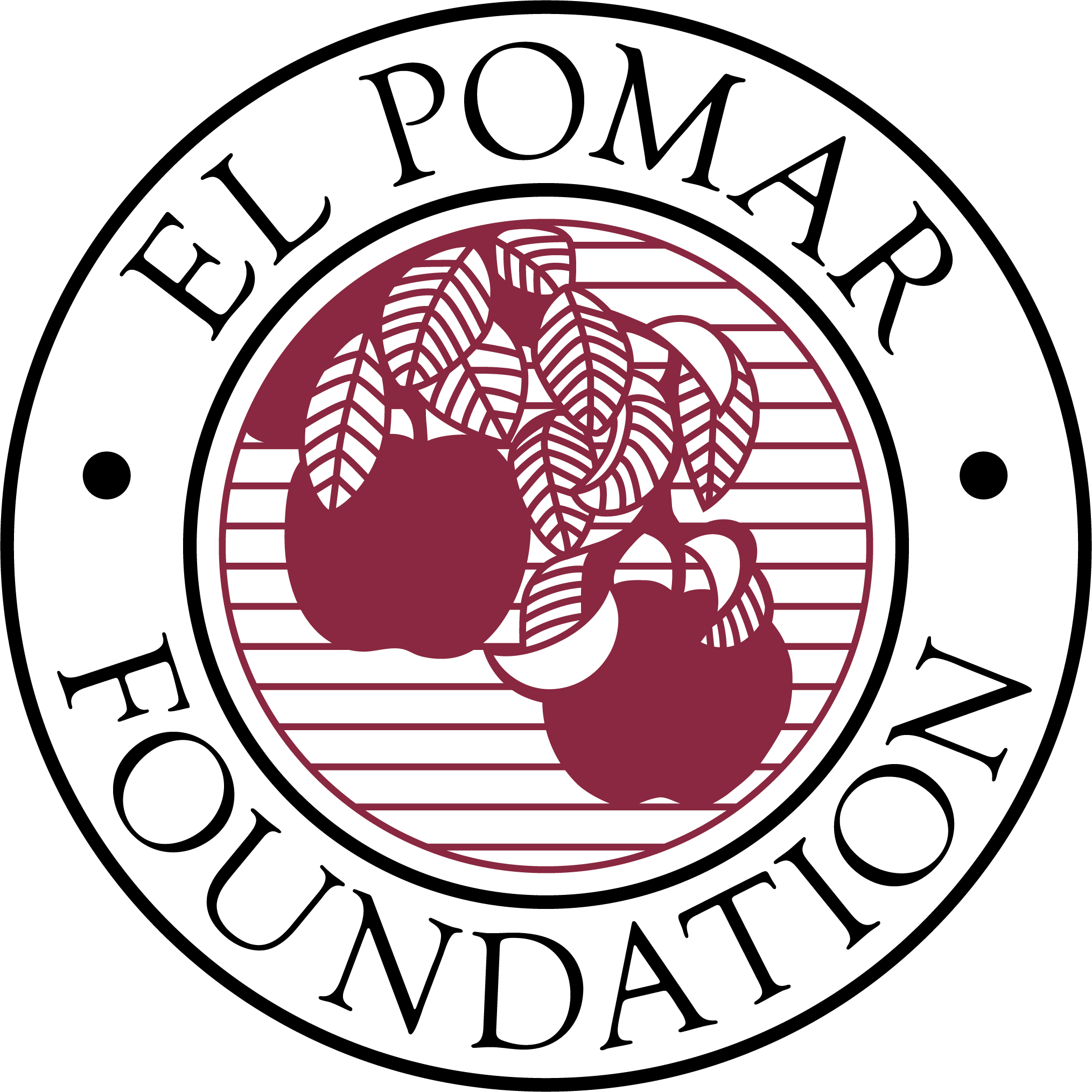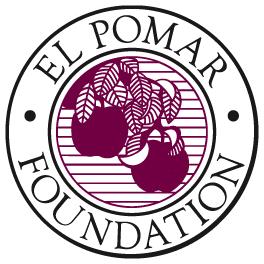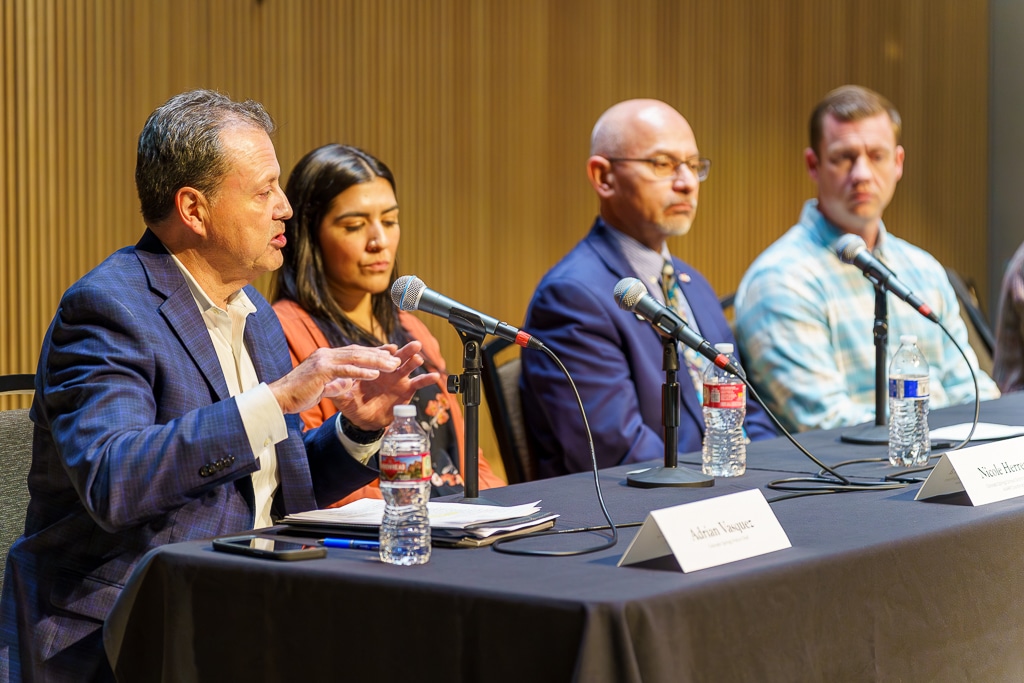On November 14, El Pomar’s Forum for Civic Advancement held a Forum on Fentanyl at the Ent Center for the Arts. Forum for Civic Advancement brings in speakers, elected officials and candidates, and community leaders from across the Pikes Peak region and Colorado to provide insights on public policy issues and help advance our civic conversation. With the fentanyl epidemic growing as an issue across the country and locally in El Paso County, this event convened local leaders and experts to help build community understanding of the epidemic and the many solutions under way.
The event began with a presentation from Dr. Leon Kelly, El Paso County Coroner, who shared statistics on fentanyl use in the county. The average age of fentanyl deaths is 36 years old, which is 12 years younger than the average age of non-fentanyl drug deaths. Additionally, three percent of drugs used in accidental overdose deaths were prescribed by the decedent’s physician, meaning 97 percent of these drugs are acquired illegally.
Dr. Kelly then led a panel discussion of current efforts in the community. Panelists included: Dr. Bernadette Albanese, El Paso County Public Health Co-Medical Director; Michael Allen, 4th Judicial District Attorney; Melissa Chizmar, Southern Colorado Health Network Prevention Services Manager and Behavioral Health Action Network’s Harm Reduction Work Group Co-chair; Dr. Ryan Cole, Achieve Whole Recovery President; Longinos Gonzalez, El Paso County Commissioner; Nicole Herrera, Colorado Springs School District 11 Project AWARE Coordinator; Dr. Paul Mayer, El Paso County Public Health Co-Medical Director; and Adrian Vasquez, Colorado Springs Police Chief.
One theme of the discussion was prevention for current and future generations. District Attorney Allen and Chief Vasquez spoke from the legislative and law perspective. Colorado Springs tends to be a target for drug runners due to the ease of transportation through Interstate 25. Their work centers on trying to “disrupt the business model” of drug distributors through prosecution. Additionally, the Good Samaritan Act plays a crucial role in addressing the fentanyl epidemic by providing legal protection to individuals who may witness overdoses and choose to intervene, encouraging timely assistance without fear or legal consequences. Partnership and collaboration between the community and law enforcement will continue to assist in solving this problem.
Another focus of the discussion was rehabilitation and support for current users. Melissa Chizmar shared Colorado Health Network’s education and distribution efforts with NARCAN (naloxone), a life-saving medication that can reverse opioid overdoses. Her organization educates current users on NARCAN training, how to test their drugs, and how to distribute Narcan to the community. One of the many challenges shared by the panelists was that individuals trying to help at-risk people do not know what type of intervention is successful. The current rate of relapse is 80 percent, so figuring out the best course of action is vital. Dr. Cole stated that the two main treatment techniques being successfully utilized are medication-assisted treatment (MAT), which uses the combination of medications and behavioral therapies; and peer recovery services. Peer recovery services have proven to be effective, as these services are provided by people who have gone through recovery themselves.
Despite the grim reality of the fentanyl crisis, the Forum on Fentanyl concluded on a hopeful note. The collective commitment of the community, local government, law enforcement, healthcare, and educators to tackle this issue was clear. Panelists discussed initiatives to expand community-based support programs and education as integral components of a comprehensive strategy.
Forum for Civic Advancement appreciates the work each panelist is doing to address the fentanyl crisis in the community and hopes this event can serve as a catalyst for ongoing efforts in El Paso County.



